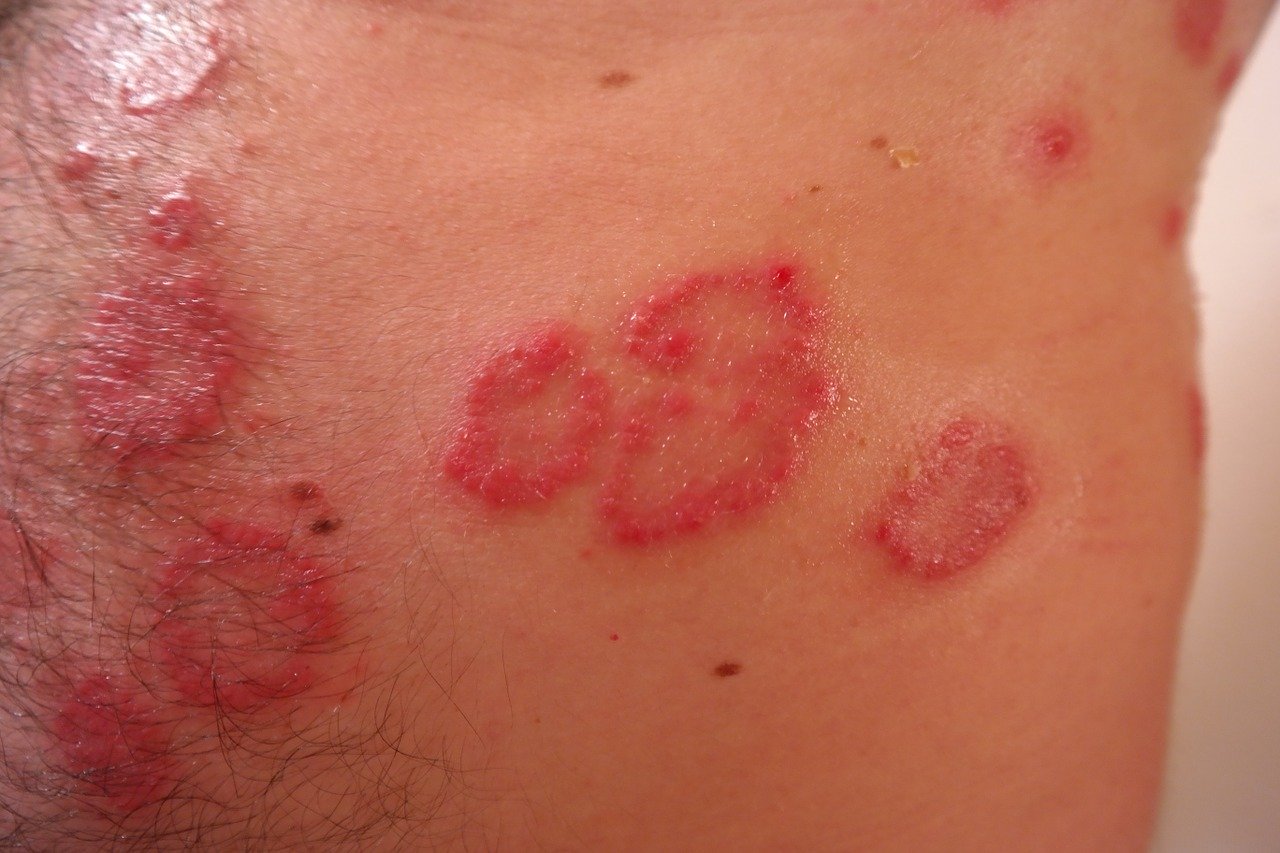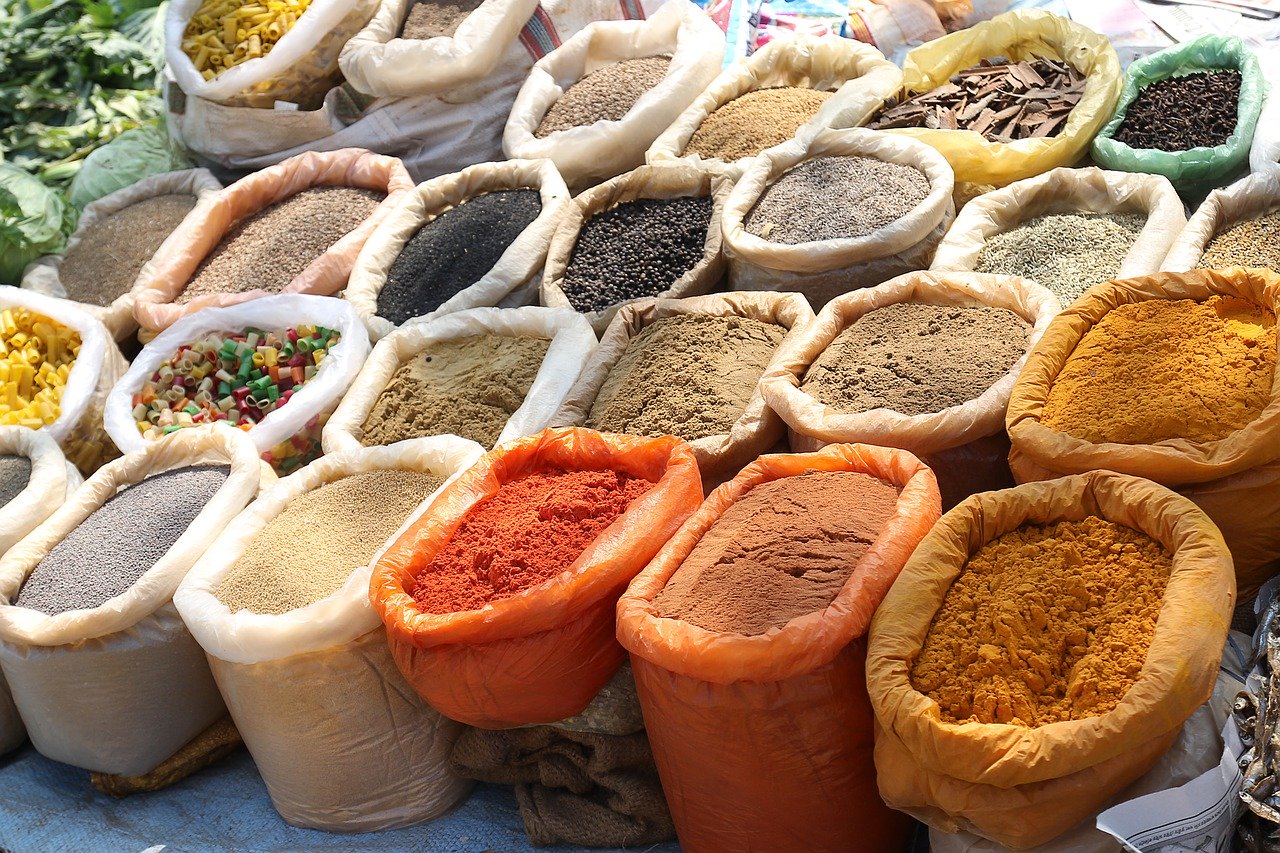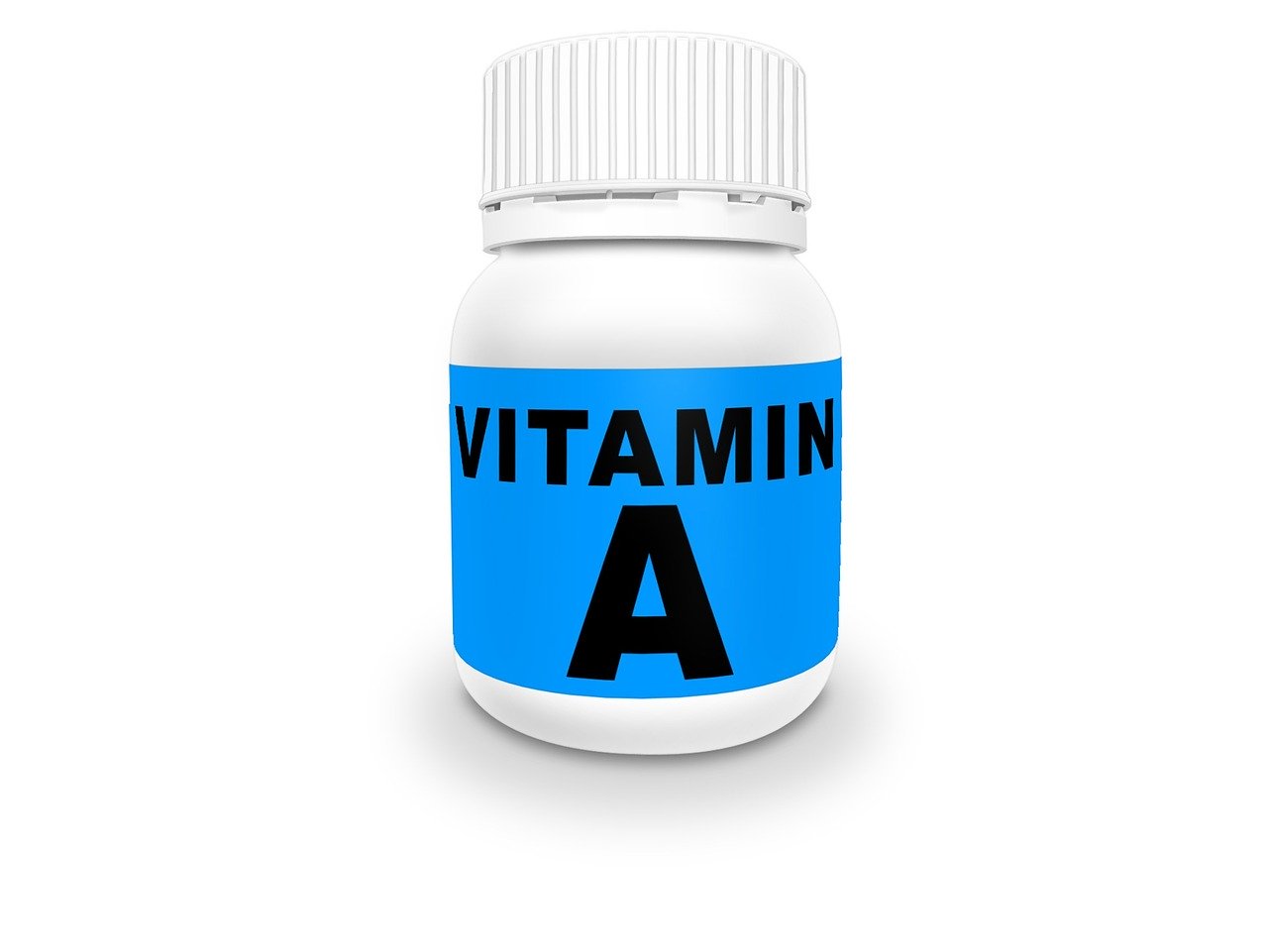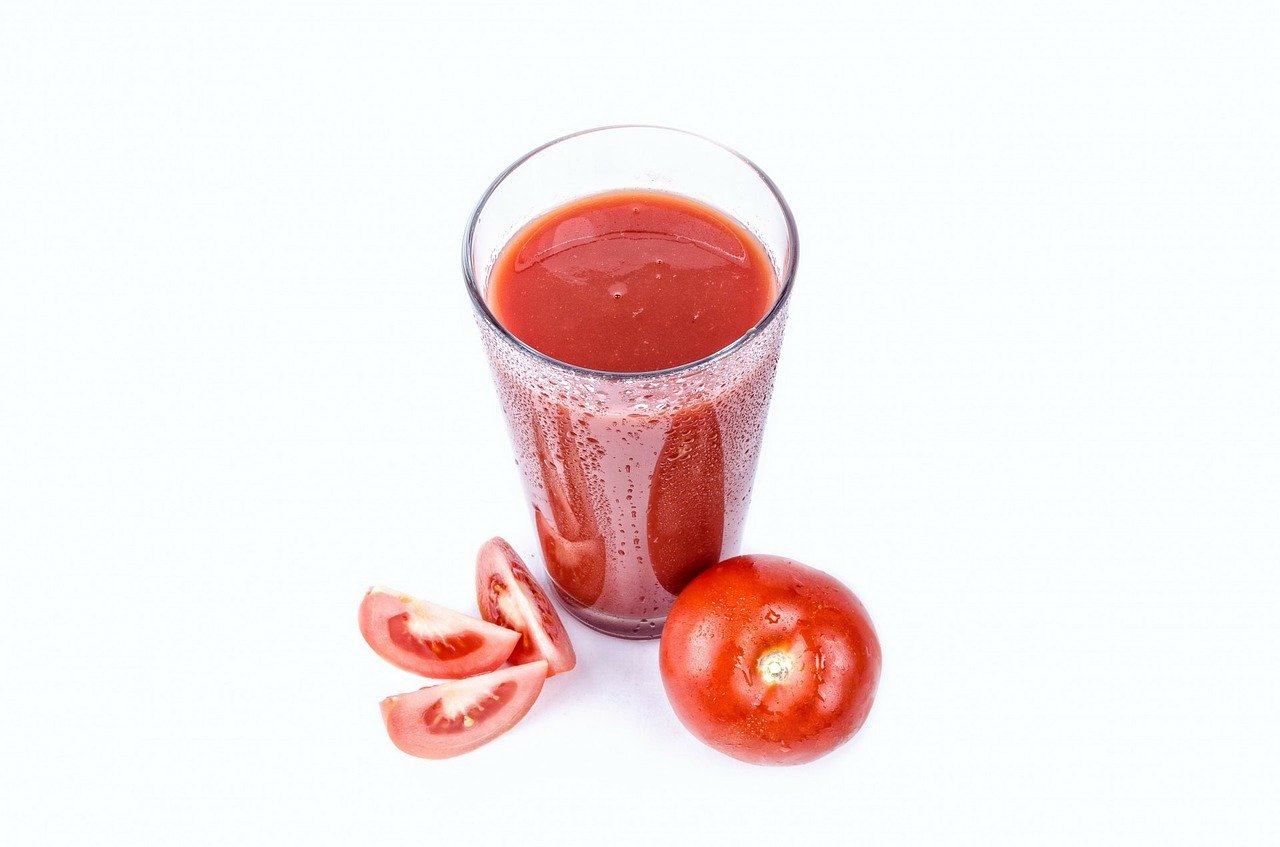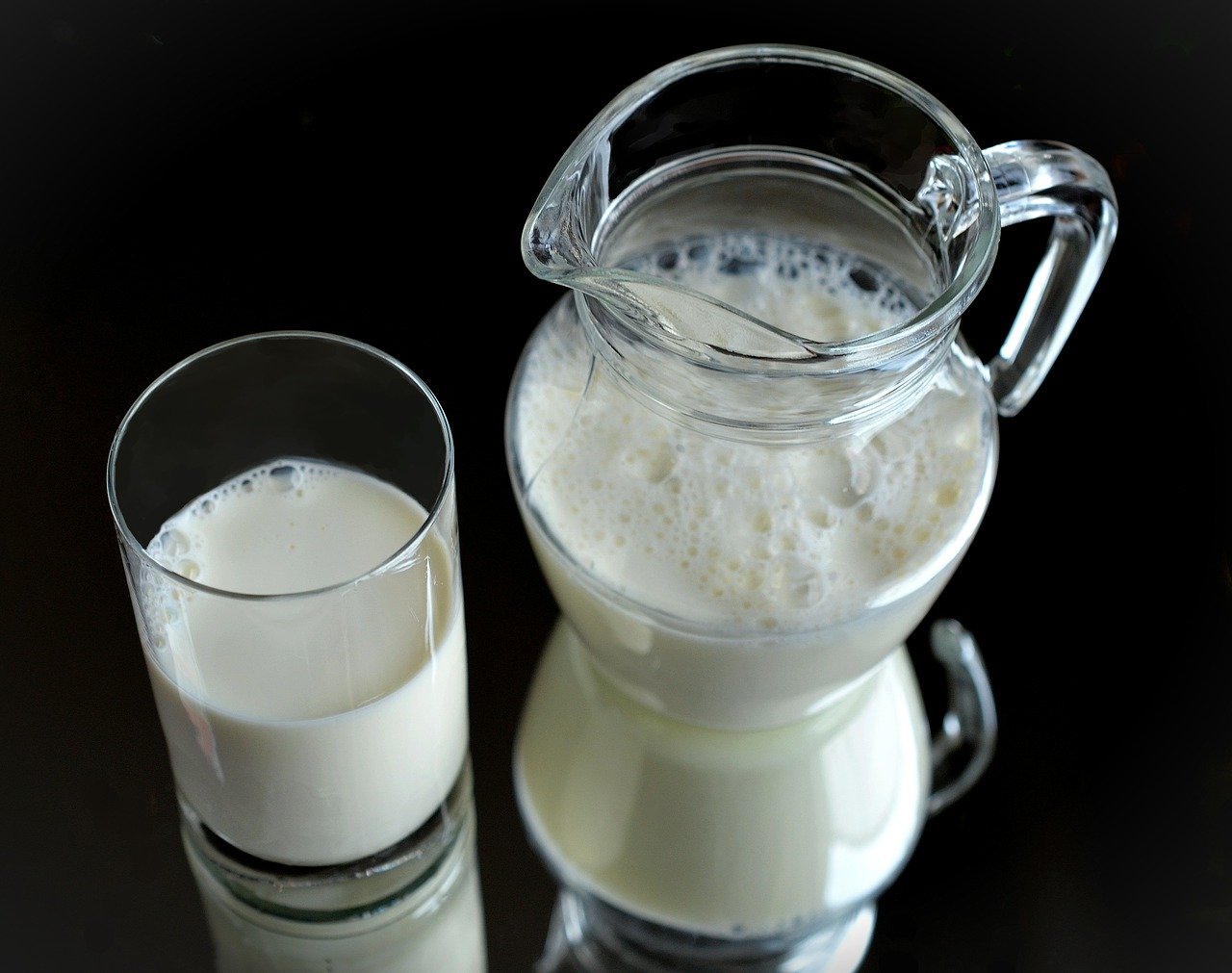In March 2020 researchers from Italy, USA and Serbia published their review on the interactions between the skin, microbiome, gut microbiota and psoriasis. The researchers stated that psoriasis is alternatively … Read more
A vitamin or mineral deficiency or a severe reduction in carbohydrate intake may contribute to hair loss
In March 2019 researchers from Saudi Arabia and the USA published their review of the medical scientific literature to assess the role of vitamins and minerals in hair loss. A … Read more
Herbs and spices appear to have antioxidant, anti-microbial, and anti-inflammatory properties and they may in addition reduce the risk of developing chronic diseases, eg cardiovascular disease, neurodegenerative conditions, chronic inflammation, arthritis, cancer, obesity and diabetes type 2
In May 2019 researchers from Canada published their review of the medical scientific literature to identify and assess specific biomarkers in 25 herbs and spices, namely anise, basil, black pepper, … Read more
Short-term oral vitamin A supplementation may improve the quality, but not the quantity, of tears in individuals with dry eye
In April 2019 researchers from Saudi Arabia published their study to assess the effects of short-term oral vitamin A supplementation on the ocular tear film in individuals with dry eye. … Read more
Supplementing the diet with a combination of multiple immune-supporting nutrients, including vitamins A, E, B6 and B12, folate, iron, copper and selenium but especially vitamins C and D and zinc, may improve immune function and reduce the risk of infection
In January 2020 researchers from the USA and Switzerland published their review on nutrients and the immune system. It has been established that multiple nutrients, including vitamins A, D, C, … Read more
Supplements have little to no effect on the risk of lung cancer and lung cancer mortality in healthy individuals, although vitamin A supplements appear to increase the risk of lung cancer and mortality in smokers or individuals exposed to asbestos, vitamin C the risk of lung cancer in women and vitamin E the risk of haemorrhagic strokes
In March 2020 researchers from Chile and Spain published their review of the medical scientific literature to establish whether supplementations of vitamins and minerals, alone or in combination, reduce the … Read more
Co-enzyme Q10, vitamin C, omega-3 polyunsaturated fatty acids, gingseng, garlic and probiotic supplementation may reduce blood pressure levels in individuals with hypertension
In February 2020 researchers from Japan published their review on the potential benefits of garlic and other dietary supplements for the management of hypertension. The control of hypertension is extremely … Read more
A 200-250ml glass of tomato juice either meets or exceeds the recommended daily intake of lycopene, 20% of the recommended daily intake of vitamin A, 12-15% of potassium and copper, and about 5% of magnesium, iron, manganese and phosphorus
In February 2018 researchers from the Russian Federation published the nutritional profile of tomato juice. Tomato juice is a significant source of antioxidants – carotenoids and vitamin E, as well … Read more
Fortifying staple foods with vitamin A alone may make little or no difference to retinol levels or the risk of vitamin A deficiency but if micronutrients are also added then retinol levels may increase and the risk of vitamin A deficiency reduced
In May 2019 researchers from Singapore published the results of their review of the medical scientific literature to assess the effects of fortifying staple foods (sugar, edible oils, edible fats, … Read more
The Early Nutrition Project have published updated recommendations for optimized nutrition before and during pregnancy, during breastfeeding, infancy and toddlerhood which should contribute to the prevention of obesity and associated non-communicable diseases
In February 2019 researchers from Germany, UK, Poland, The Netherlands and Australia who were part of the The Early Nutrition Project published their review of the medical scientific literature and … Read more
An adequate milk consumption at various stages of life helps in the prevention/control of various chronic medical conditions
In May 2019 researchers from Spain published their review of the medical scientific literature to assess the impact of dairy intake on health and all-cause mortality, and on the prevention … Read more
Reduced salt intake, omega-3 long-chain polyunsaturated fatty acid use and folic acid supplementation may reduce the risk for some cardiovascular events in adults, whereas combined calcium plus vitamin D appears to increase the risk of stroke
In July 2019 researchers from the USA published their review of the medical scientific literature to assess the effects of nutritional supplements and dietary interventions on cardiovascular outcomes in adults. … Read more
Nutrients in foods and/or supplements should be considered when following low carbohydrate diets
In April 2019 researchers from the UK published their review of the medical scientific literature to assess nutrient intake of low carbohydrate diets. A total of 10 studies were involved … Read more
Watercress
Watercress.
Rich source of vitamin C and vitamin K and a moderate source of vitamin A, vitamin B2, vitamin B6, calcium and manganese.… Read more
Turnip
Turnip, also referred to as white turnip.
Turnip greens: Rich source of vitamin A, vitamin C, vitamin K and folate, and a moderate source of vitamin B6, vitamin E, calcium … Read more
Rocket
Rocket, also referred to arugula, Eruca (sativa), rucola, rucoli, rugula, colewort, and roquette.
Rich source of vitamin A, vitamin C, vitamin K and folate, and a moderate source of calcium, … Read more
Land cress
Land cress, also referred to as American cress, bank cress, black wood cress, Belle Isle cress, Bermuda cress, dryland cress, cassabully, early yellowrocket, early wintercress, scurvy cress, creasy greens and … Read more
Komatsuna
Komatsuna, also referred to as Japanese mustard spinach
Rich source of vitamin A, vitamin C and folate and a moderate source of calcium, iron, manganese and potassium.… Read more
Kale
Kale, also referred to as leaf cabbage
Rich source of vitamin A, vitamin B6, vitamin C, folate and manganese and a moderate source of vitamin B1, vitamin B2, vitamin B5, … Read more
Garden cress
Garden cress, also referred to as mustard and cress, garden pepper cress, pepperwort, pepper grass, poor man’s pepper, chandrashoor, asario, and habbat al hamra.
Rich source of vitamin A, vitamin … Read more

